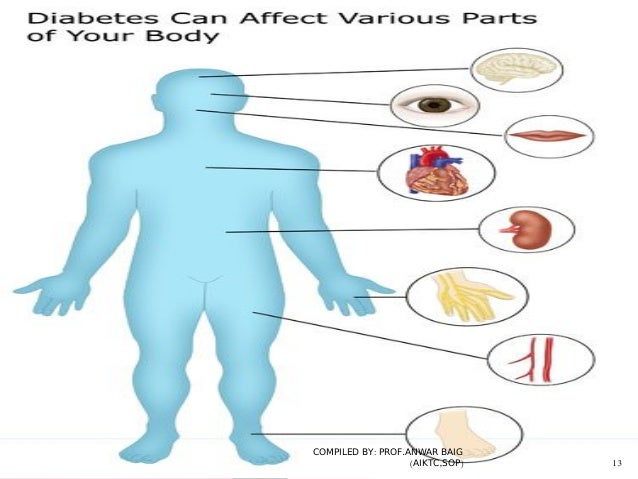It usually starts with your toes. With type 1 diabetes you must take insulin to live.
 Type 1 Diabetes Genetics Home Reference Nih
Type 1 Diabetes Genetics Home Reference Nih
how does type 1 diabetes affect your body is important information accompanied by photo and HD pictures sourced from all websites in the world. Download this image for free in High-Definition resolution the choice "download button" below. If you do not find the exact resolution you are looking for, then go for a native or higher resolution.
Don't forget to bookmark how does type 1 diabetes affect your body using Ctrl + D (PC) or Command + D (macos). If you are using mobile phone, you could also use menu drawer from browser. Whether it's Windows, Mac, iOs or Android, you will be able to download the images using download button.
Type 1 diabetes is related to cardiovascular disease nerve damage stroke blindness and kidney failure.
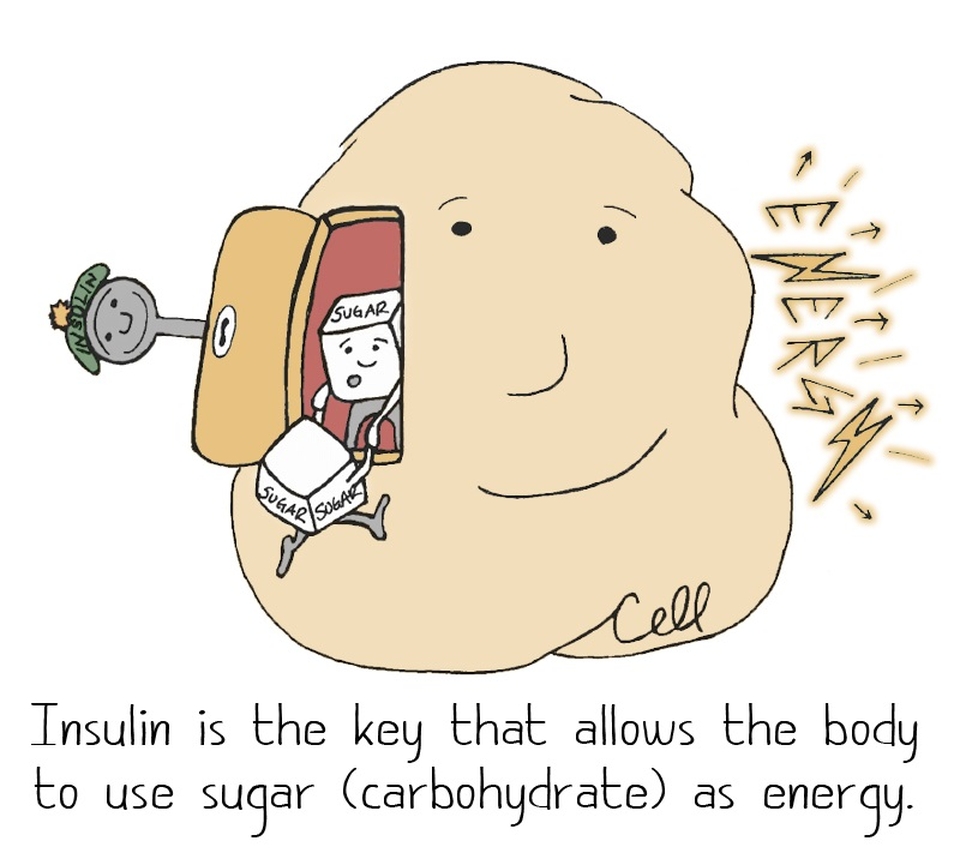
How does type 1 diabetes affect your body. Over the long term serious complications can develop as a result of type 1 diabetes. The first peak occurs in children between 4 and 7 years old and the second is in children between 10 and 14 years old. Most people are diagnosed as a child or young adult.
Insulin is a hormone that is needed to convert sugar glucose starches and other food into energy needed for daily life. This allows sugar to build in the bloodstream which causes damage over time to blood vessels nerves heart kidneys eyes and other organs. With diabetes the bodys cells are unable to absorb sugar from food.
How does type 1 diabetes affect the body. Poor circulation can also result in foot problems that if left untreated could leave to amputation of the foot or leg. Type 1 diabetes is usually diagnosed in children and young adults and was previously known as juvenile diabetes.
Over time type 1 diabetes complications can affect major organs in your body including heart blood vessels nerves eyes and. Although type 1 diabetes can appear at any age it appears at two noticeable peaks. Your own immune system attacks the insulin producing cells in the pancreas destroying your bodys ability to make insulin.
As many as 70 of people with diabetes get this type of damage. Autonomic neuropathy stems from damage to the nerves that control your internal organs. Type 1 also called juvenile diabetes or insulin dependent diabetes is an immune system disorder.
It can also affect your hands and other body parts. Peripheral diabetic neuropathy can cause pain and burning or a loss of feeling in your feet. In type 1 diabetes the body does not produce insulin.
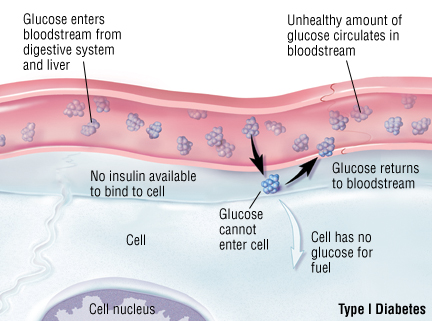 Type 1 Diabetes Mellitus Harvard Health
Type 1 Diabetes Mellitus Harvard Health
 Type 1 Diabetes Genetics Home Reference Nih
Type 1 Diabetes Genetics Home Reference Nih
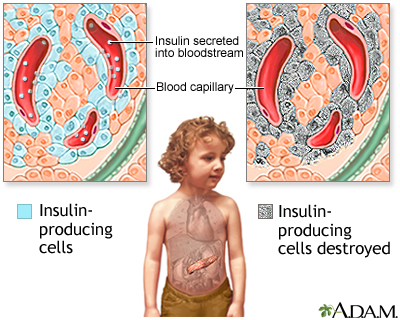 Type 1 Diabetes Medlineplus Medical Encyclopedia
Type 1 Diabetes Medlineplus Medical Encyclopedia
 Type 1 Diabetes Genetics Home Reference Nih
Type 1 Diabetes Genetics Home Reference Nih
 Diabetes Symptoms Causes Treatment Prevention And More
Diabetes Symptoms Causes Treatment Prevention And More
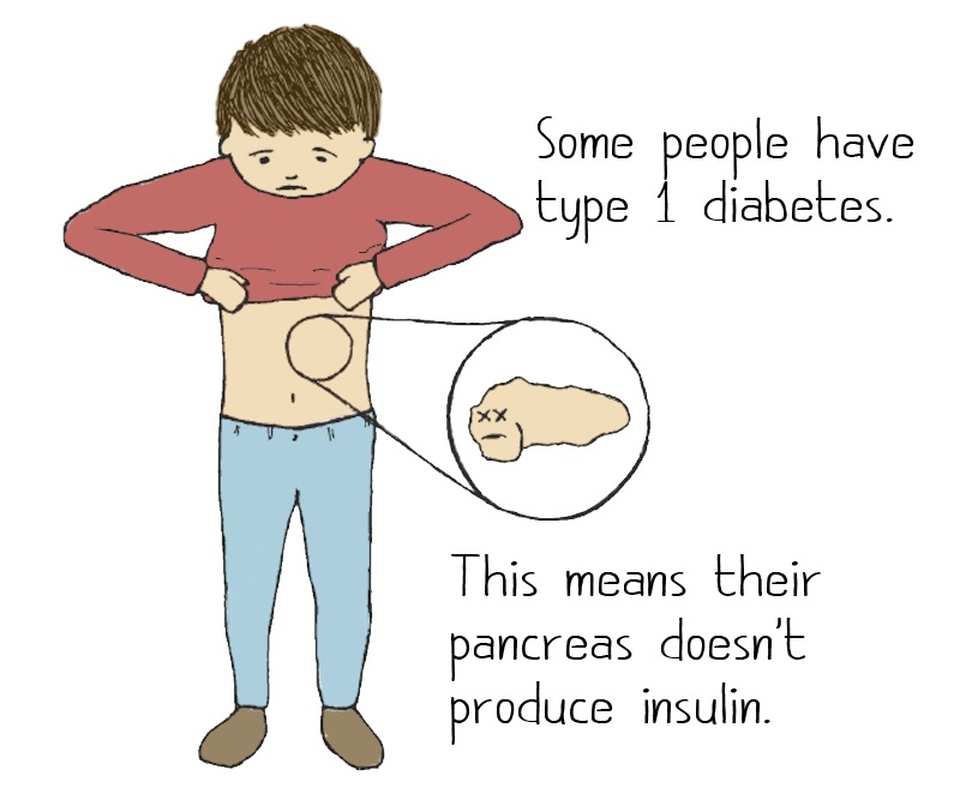 Type 1 Diabetes T1international
Type 1 Diabetes T1international
 Type 1 Diabetes Symptoms Diagnosis And Treatments Bupa
Type 1 Diabetes Symptoms Diagnosis And Treatments Bupa
 Diabetic Shock Symptoms Complications And Treatment
Diabetic Shock Symptoms Complications And Treatment



